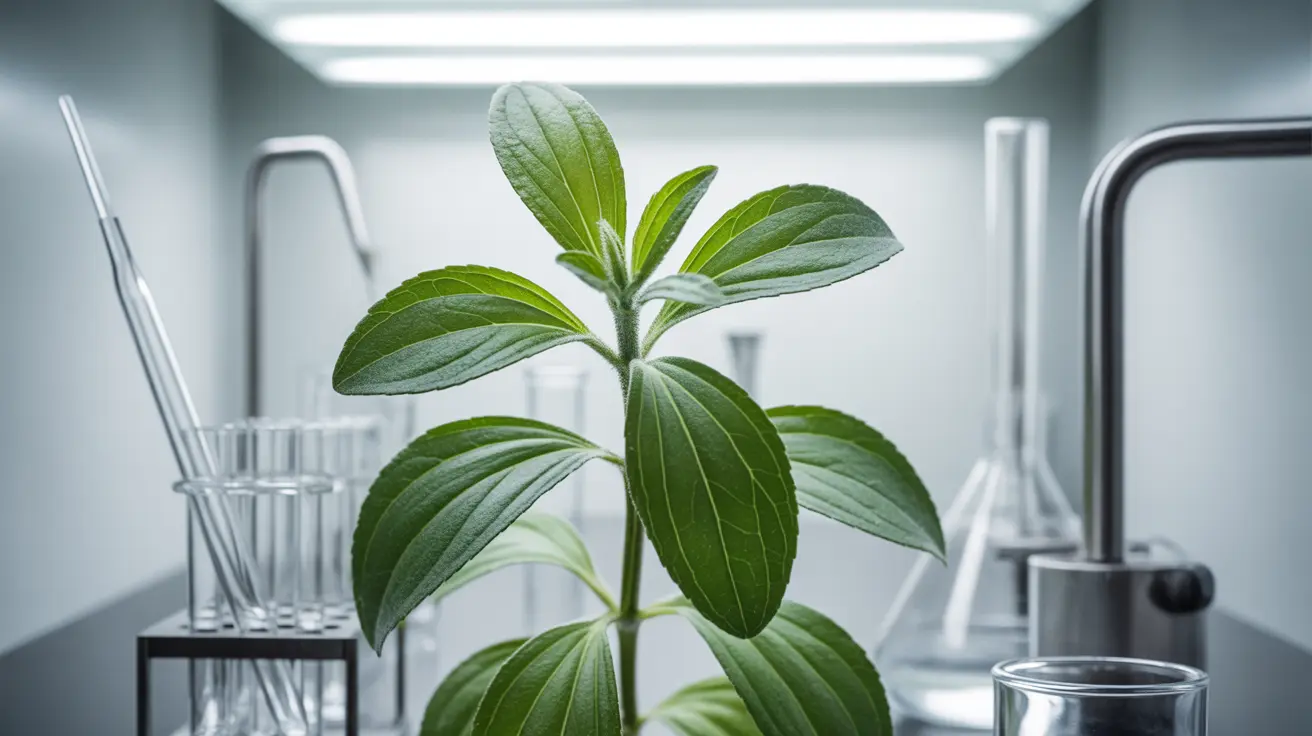As natural sweeteners gain popularity, stevia has emerged as a prominent sugar alternative. However, questions about its safety, particularly regarding cancer risk, have sparked widespread discussion. This comprehensive review examines the scientific evidence behind stevia's safety profile and its potential relationship with cancer.
Understanding Stevia and Its Components
Stevia is a natural sweetener derived from the leaves of Stevia rebaudiana, a plant native to South America. The sweetening compounds, called steviol glycosides, are extracted and purified before being used in commercial products. These compounds provide sweetness without calories, making stevia an attractive alternative to sugar.
Scientific Evidence on Stevia and Cancer Risk
Current scientific research shows no direct link between stevia consumption and cancer development. Multiple studies have evaluated stevia's safety profile, and regulatory bodies worldwide have consistently found no evidence that properly purified stevia products increase cancer risk.
Research Findings and Safety Studies
Long-term safety studies have demonstrated that high-purity stevia extracts do not cause DNA damage or promote tumor growth. In fact, some research suggests that certain compounds in stevia may have protective properties against certain types of cancer cells, though more research is needed to confirm these potential benefits.
Regulatory Approval and Safety Standards
The FDA has granted stevia extracts GRAS (Generally Recognized as Safe) status, specifically for high-purity steviol glycosides. This designation came after extensive review of safety data and scientific research. Other major health authorities, including the European Food Safety Authority (EFSA), have similarly confirmed stevia's safety for human consumption.
Safe Consumption Guidelines
The acceptable daily intake (ADI) for stevia has been established at 4 milligrams per kilogram of body weight per day. This limit provides a significant margin of safety for regular consumers. For most people, this amounts to far more stevia than they would typically consume in a day.
Quality Considerations
When choosing stevia products, it's important to select high-quality, properly purified options from reputable manufacturers. Some lower-quality stevia products may contain unwanted additives or less-pure forms of the sweetener.
Potential Side Effects and Considerations
While stevia is generally safe, some people may experience mild side effects unrelated to cancer risk. These can include:
- Digestive issues in sensitive individuals
- Slight changes in blood sugar levels
- Interactions with certain medications
- Allergic reactions (rare)
Frequently Asked Questions
Does consuming stevia increase the risk of developing cancer? No, current scientific evidence does not indicate that consuming stevia increases cancer risk. Multiple safety studies have found no carcinogenic properties in properly purified stevia products.
Can stevia have any anti-cancer effects or benefits in cancer prevention? Some preliminary research suggests that certain compounds in stevia may have potential anti-cancer properties, but more research is needed before making definitive claims about cancer prevention benefits.
What is the safe daily amount of stevia that can be consumed without health risks? The acceptable daily intake is 4 mg per kilogram of body weight per day. For a 150-pound adult, this equals approximately 270 mg of stevia extract per day.
Are there any side effects or risks associated with stevia products besides cancer concerns? Some people may experience mild digestive issues or allergic reactions. Stevia can also interact with certain medications, particularly those for diabetes or blood pressure.
Is stevia approved by health authorities like the FDA for safe use as a sweetener? Yes, high-purity stevia extracts (steviol glycosides) are FDA-approved as Generally Recognized as Safe (GRAS). Similar approvals exist from other major health authorities worldwide.




